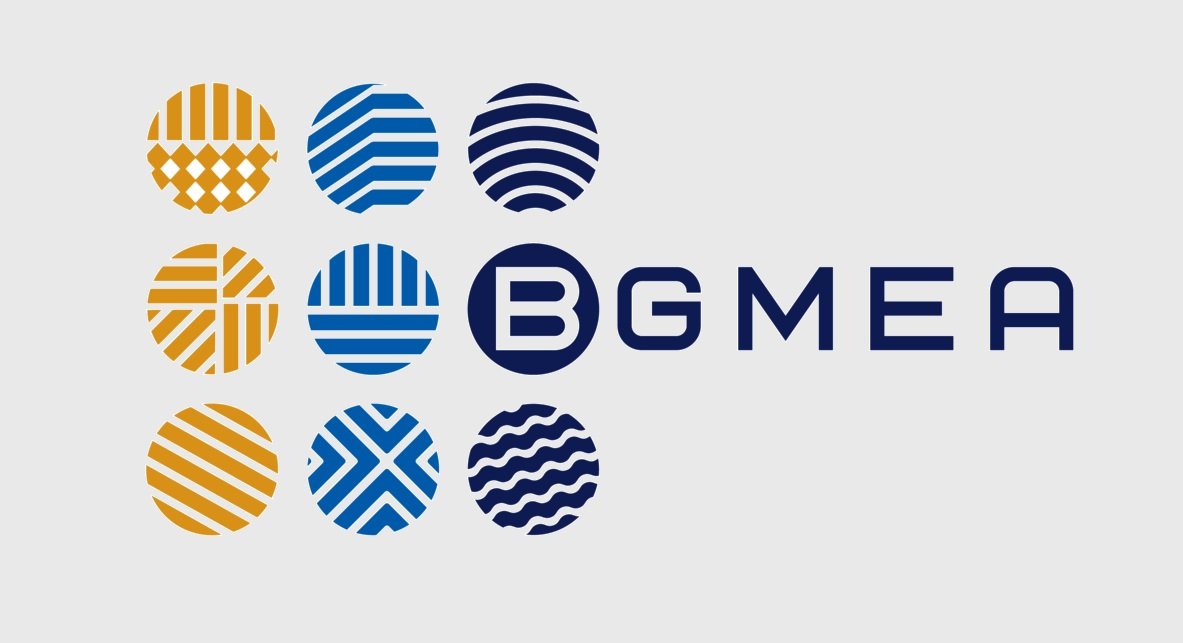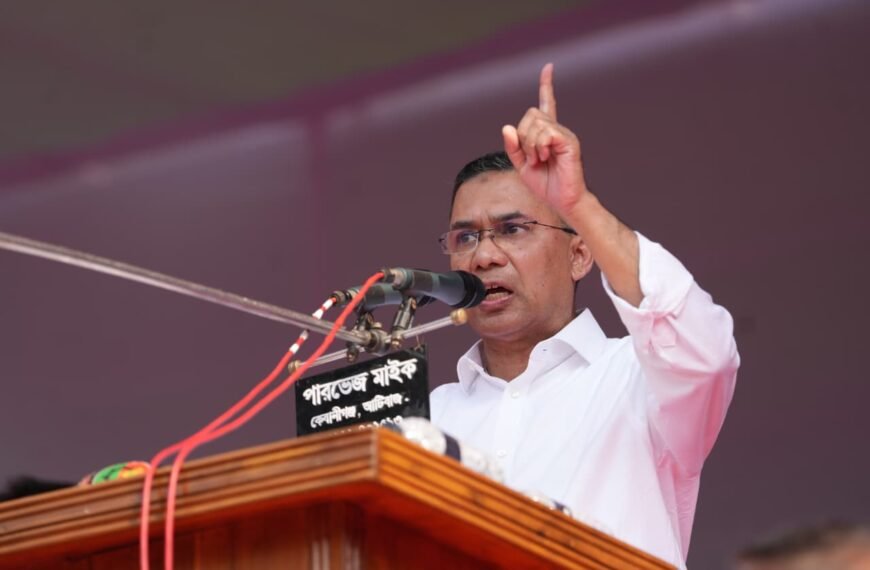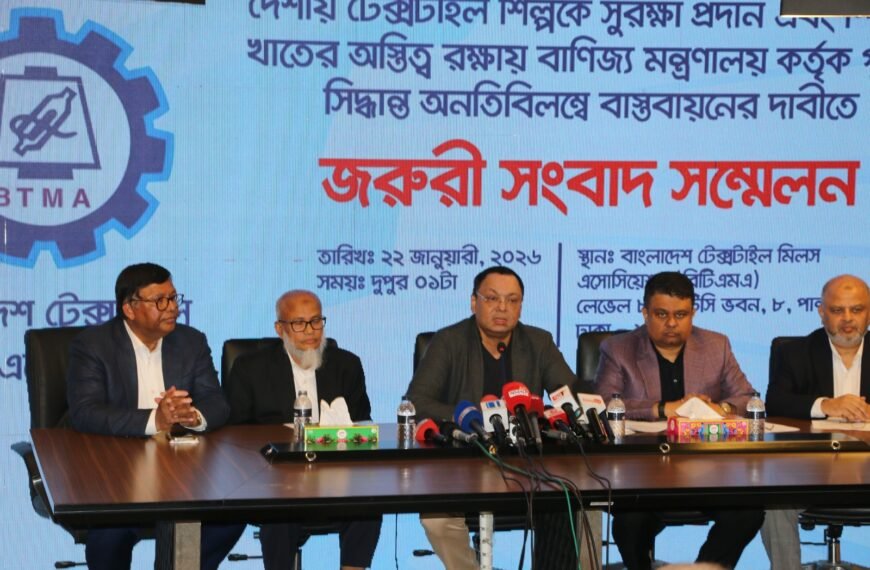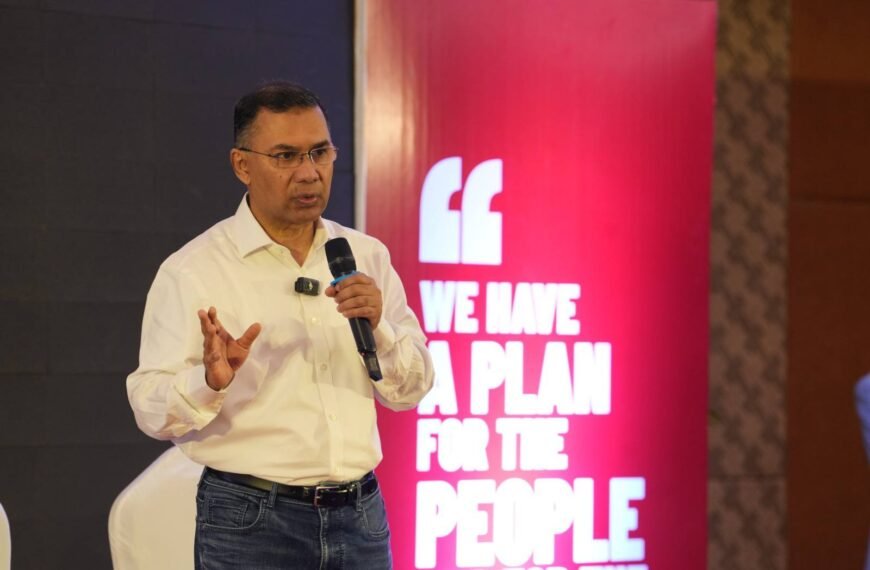The budget proposal for the fiscal year 2025-26 has been made under the title of “Determination to build a non-discriminatory and sustainable economic system in the different realities of Bangladesh, which has changed in the context of the July coup.” In such a context, BGMEA Administrator Mr. Anwar Hossain sincerely congratulated the Honorable Finance Advisor of the interim government, Dr. Salehuddin Ahmed, for the budget proposal. The proposed budget of Tk 7 lakh 90 thousand crore has moved away from the target-oriented concept and emphasized overall development, especially education, health, good governance, citizen amenities, employment generation, as well as the fourth industrial revolution, graduation from least developed countries, etc. BGMEA believes that these are unique aspects of the budget.
The budget has called for reducing inflation to 6.5%. If this is implemented, low-income people of the country, including garment workers, will benefit. The amount of allowances and the number of beneficiaries in some programs under the social security sector have also been increased.
In the budget for the fiscal year 2025-26, a plan has been taken to reduce the overall cost of electricity generation by 10 percent in order to gradually reduce the amount of subsidy in the electricity sector. It has also been decided not to increase the price of electricity in the future to control inflation. This is a very positive step for the industry.
VAT exemption has been provided at the import stage of LNG. In addition, import duties on petroleum and diesel have also been significantly reduced. We believe that this will benefit the consumer level and directly reduce the production cost of the industry. Above all, it will play a helpful role in controlling inflation.
In the budget for the fiscal year 2024-25, it has been announced to form a fund of Tk 125 crore to strengthen the economic empowerment of women entrepreneurs, an allocation of Tk 200 crore for research to utilize the potential of the blue economy, an allocation of Tk 100 crore to address the risks of climate change, and a special fund of Tk 100 crore to create young entrepreneurs. BGMEA welcomes these.
This year’s budget is very important and promising for the garment industry. Because the industry is currently facing various local and international challenges, especially the recent counter-tariffs imposed by the United States, the cancellation of transshipment by India, high bank interest rates, wage increases, and frequent increases in gas and electricity prices. On the other hand, in 2026, Bangladesh will join the ranks of developing countries from LDCs (least developed countries). The garment industry, which contributes 84% to exports, will face the most challenges. In this context, the BGMEA has made several budget proposals to address the current problems of the industry and maintain the competitiveness of the industry after graduation.
In the announced budget, the tax at source against exports and the corporate tax in the industry have been kept unchanged. BGMEA applauds this.
At the request of BGMEA, the following amendments have been made to simplify the import-export process and bond system and make it business-friendly, which will further accelerate the ready-made garment export trade:
- In case of change of ownership, it has been mentioned to submit an application to the Bond Commissionerate within 02 months of approval by RISC or other concerned agencies;
- If the audit of 02 years has been completed in the last 03 years, the 03-year general bond can be renewed;
- Some conditions have been removed and amended to simplify the process of importing raw materials on a revolving basis on FOC basis.
- Instead of the Assistant Commissioner, the production capacity survey of machines has been directed under the supervision of a revenue officer:
- The law has been amended to allow the Commissioner of Customs to delegate the responsibilities assigned to him in various activities including adjudication, customs clearance, intelligence activities to any other customs officer in his own jurisdiction;
- If the value of the imported consignment is up to 4 (four) thousand taka instead of 2 (two) thousand taka, no customs duty will be imposed or collected against it:
- In case of error in filing cargo declaration or IGM, instead of a minimum fine of 50 (fifty) thousand but not more than 2 (two) lakh taka, only a maximum of 1 (one) lakh taka has been fixed.
- Advance ruling on determination of H.S. code of a product has been directed to be effective for 36 (thirty-six) months instead of 18 (eighteen) months from the date of issuance:
- For industrial establishments in EPZ, import of Industrial Racking System (H.S.Code 7308.90.20) and Metal Detector Machine (H.S.Code 8543.70.90) has been exempted from all types of customs duty;
There were some other proposals of BGMEA to protect the garment industry, which were not reflected in the announced budget. Some of these are:
- To make the factories modern, safe, risk-free and environment-friendly and to save operating costs, allowing the import of some machinery and materials not listed on the list at duty-free/concessional rates;
- Keeping various goods and services required for the garment sector VAT-free;
- Simplifying HS Code, supply of goods and services from bonded to non-bonded companies, subcontracting, supply of goods and services to local non-bonded companies, setting annual availability limits, simplifying activities related to continuous bonds.
- Keeping all processes, goods and services related to the recycling industry free of duty and VAT to encourage circular fashion and recycled products.
The livelihood of 1 crore people directly and 5 crore people indirectly, including the backward linkage industry, is dependent on the garment industry. The entire economy revolves around this industry. Therefore, BGMEA believes that it is logical to provide intensive support to this sector.
BGMEA hopes that the government will consider the above recommendations sympathetically.




